#John Seale
Text

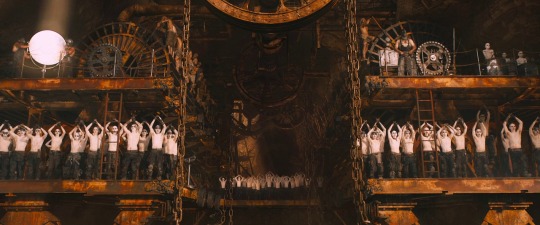
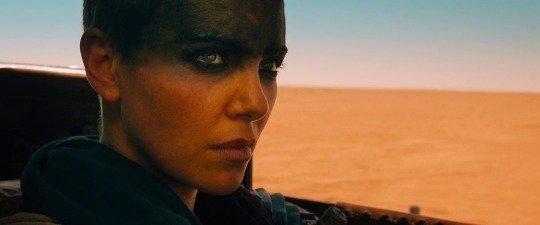

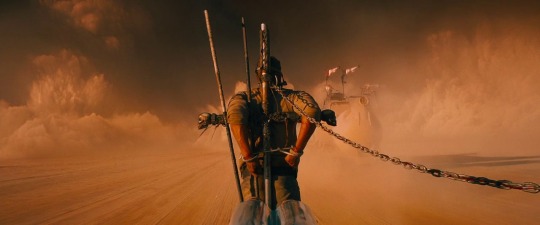

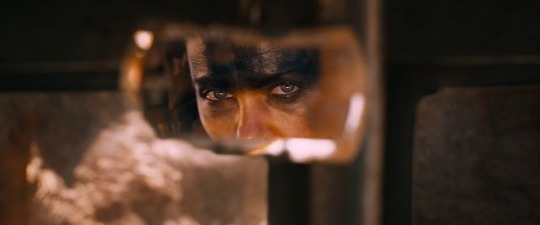

My name is Max. My world is fire and blood. Once, I was a cop, a road warrior searching for a righteous cause. As the world fell, each of us, in our own way, was broken. It was hard to know who was more crazy… me or everyone else.
Mad Max: Fury Road (2015)
#cinematography#screencaps#film#film screencaps#film stills#filmmaking#cinema#tom hardy#charlize theron#nicholas hoult#zoe kravitz#mad max#mad max fury road#action film#george miller#john seale
679 notes
·
View notes
Text
Duel (1971) with Mad Max music
40 notes
·
View notes
Text

#mad max: fury road#george miller#films#movies#movie#filmedit#cinematography#cinemapix#john seale#charlize theron
25 notes
·
View notes
Text
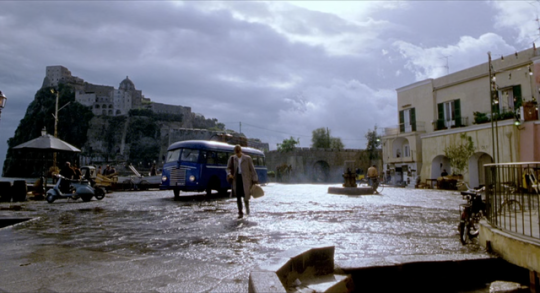
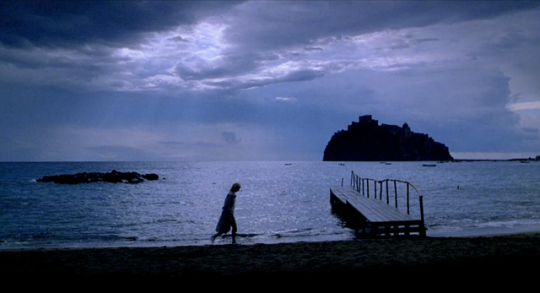

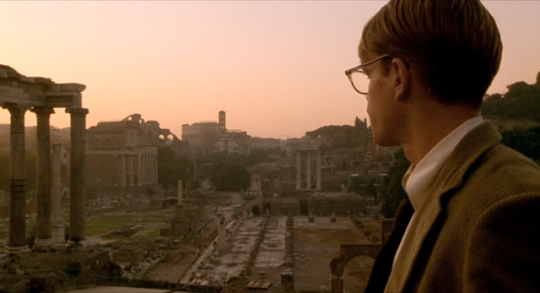
The Talented Mr. Ripley (1999)
Directed by Anthony Minghella
Cinematography by John Seale
#The Talented Mr Ripley#1999#Anthony Minghella#John Seale#Matt Damon#Gwyneth Paltrow#Jude Law#Cate Blanchett#Philip Seymour Hoffman#1999 movies#movie photography#movie screenshots#film#movies#cinema#cinephile#2000s movies#2006 films#The Talented Mr. Ripley#psychological thriller
14 notes
·
View notes
Photo


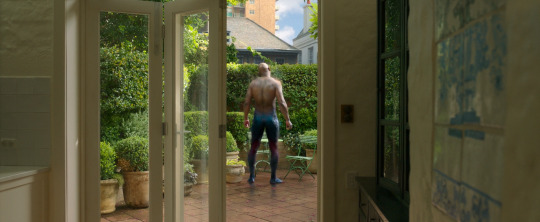
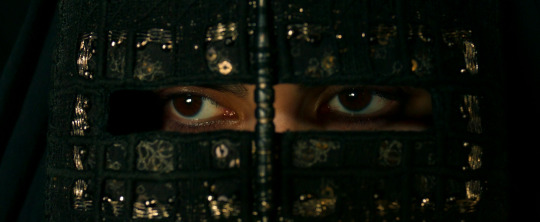
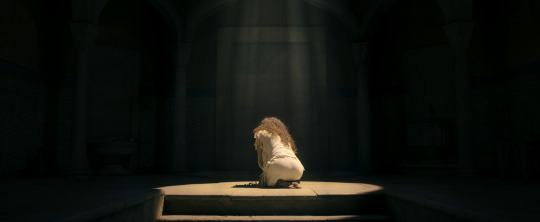

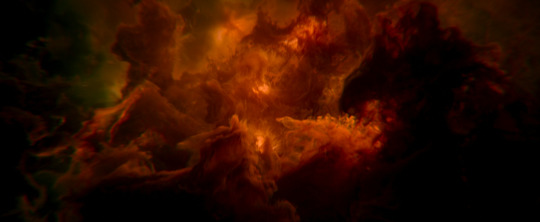
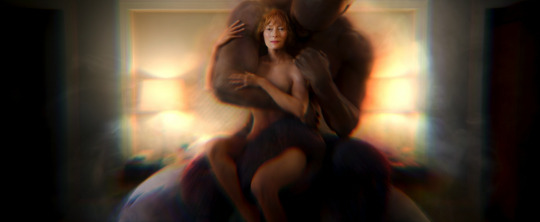


three thousand years of longing (george miller, 2022)
168 notes
·
View notes
Text
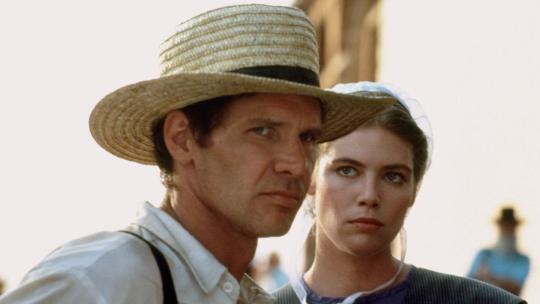
.
- Your sister says you don't have a family.
- No, I don't.
- She thinks that you ought to get married and have children of your own, instead of trying to be a father to hers.
- Yeah.
- Except she thinks you are afraid of the responsibility.
- That's interesting... anything else?
- She thinks you like policing because you think you are right about everything and you're the only one who can do anything, and when you drink a lot of beer you say things like 'none of the other police know a crook from a bag of elbows!'. At least I think that's what she said.
Witness, Peter Weir (1985)
#Peter Weir#Earl W. Wallace#William Kelley#Harrison Ford#Kelly McGillis#Josef Sommer#Lukas Haas#Jan Rubes#Alexander Godunov#Danny Glover#Brent Jennings#Patti LuPone#Angus MacInnes#Viggo Mortensen#John Seale#Maurice Jarre#Thom Noble#1985
9 notes
·
View notes
Text

Children of a Lesser God (1986)
In narrative art that features individuals with deafness or hearing loss, these films tend not to portray such characters on their own terms, failing to centralize the story around them. Neither Jane Wyman’s character in Johnny Belinda (1948) nor Patty Duke’s portrayal of Helen Keller in The Miracle Worker (1962) frame their respective films; both movies rely on a hearing character to do so. Looking beyond the United States, the same is true of The Shop on Main Street (1965, Czechoslovakia) and the anime film A Silent Voice (2016, Japan) – once more, it is the hearing character who becomes the audience’s proxy. No deaf or heard of hearing actors played the roles referenced in this paragraph.
Such is also the case in Randa Haines’ Children of a Lesser God, with one significant exception – a deaf actress, Marlee Matlin, plays the deaf main character. In the late 1980s, such representation was a revelation, and simply unheard of. Matlin, deaf since she was eighteen months old, came to the producers’ attention after starring in a Chicago-area stage play. While auditioning for the role, she and actor William Hurt struck up a relationship – questionable timing, as both actors got the part (more on their troubled relationship much later).
Haines’ film, distributed by Paramount and from a screenplay by Hesper Anderson and Mark Medoff (adapting his own stage play of the same name), is a capable romantic drama with two great performances. Its portrayal of a deaf character by a deaf actress was indeed significant for its time; the decision to position the film through the hearing character’s experiences fails to distinguish it from its fellow films and numerous films since.
Somewhere in New England, James Leeds (William Hurt) arrives for his new job: as a teacher at a school for the deaf and hard of hearing. His enthusiastic teaching style rubs off on most of his students, as he emphasizes that, as important as it is to sign and read lips, they must also learn to speak. Also working at the school is Sarah Norman (Matlin), a former standout student who works as the school’s custodian. While the school’s hearing staff, for reasons initially unclear, dislike Sarah, the students appreciate her. James falls quickly for Sarah and they eventually begin dating, after a few rebuffs on her part. What follows is a romance where our two protagonists navigate through his desire to help her adjust to the world beyond the school walls and her lack of trust in others. Drifting in and out of the film are the school’s hearing principal, Dr. Curtis Franklin (Philip Bosco), and Sarah’s mother (Piper Laurie) to give both main characters advice, encouragement, and dramatic obstacles.
Children of a Lesser God suffers from its emphasis on James’ perspectives. Between James and Sarah, it is James who demands the most in any compromises between the two. When he first asks Sarah whether she would want to move in with him, James’ approach is, at times, more demanding than it is a genuine query. His insistence on Sarah speaking phonetically to hearing people, from the onset, seems to disregard whatever personal reasons Sarah might have for refusing to do so. Late in the film, the most heated discussion between the couple on this topic comes in perhaps the most inappropriate way – he wants to hear her say his name during sex. Both James and Sarah carry into this relationship sizable foibles and broken pasts, but the former’s communication style can be abrasive and domineering. At times, it makes Children of a Lesser God seem like yet another savior narrative.
youtube
Certainly, Sarah’s reluctance to speak phonetically is a defensive mechanism – one to shield her from the pain of past interactions with hearing people and a refusal to have anybody to speak on her behalf. The film also implies that she may be a survivor of sexual abuse. Matlin is magnificent in this role (my goodness, does she sign quickly or what?) and there are a few key scenes where, as Sarah, her character truly shines without James’ input. Interestingly, both scenes involve music. The first instance comes on their first date at a restaurant, when Sarah insists on dancing to “I’ll Take You There” by the Staple Singers. Feeling the vibrations of the music “through [her] nose”, Sarah grooves, eyes closed, to the music. Rather than shaking her hips and moving her head with the beat, she sways, and gracefully moves her arms to the song – released from the bounds of the musical and lyrical phrasing.
Later in the film, Sarah does not betray any irritation when James claims he cannot enjoy his favorite piece of classical music (in this case, the second movement to J.S. Bach’s Double Violin Concerto) because she is unable to enjoy it. Instead of showing her discomfort or lashing out, she asks James to “show [her] the music”, similar to how she “felt” the music on the first date. James fails to do so, but not for lack of trying. Here, Matlin, as Sarah, is fully observational – one can see, through her eyes and face, a sincere attempt to understand what the Bach “feels” like. Where others might point out Matlin’s emotionally fraught scenes in this movie as the best exemplars of her work (any of the fights with Hurt’s James, her jealousy while watching the school show, her reconciliation with her mother), Matlin’s command in these less dramatically important moments also deserve praise.
Matlin’s performance, however, cannot stop Children of a Lesser God from depicting Sarah as the otherized character that must change the most. The film, released in a decade of popular cinema with a more cavalier attitude towards relationship violence than previously seen, puts so little on Hurt’s James. It is fine to portray an imbalanced romantic relationship in a movie. But the film seems tepidly interested in Sarah in stretches, and fails to truly allow the audience to connect with her in moments where that might be possible. Additionally, whenever Sarah or anyone else who is deaf or hard of hearing signs in the film, there are no subtitles. Instead, it is up to James or another hearing character to verbalize the sign language – disallowing the opportunity for any viewer to find, in Sarah, a chance to see the events of the film through her. This, like CODA (2021; which incidentally also stars Marlee Matlin and concentrates on a hearing character, albeit a child of deaf adults), makes Children of a Lesser God a film not for the deaf or hard of hearing community, but for hearing audiences. Sarah’s deafness becomes an obstacle in this film – indeed, some of this is on the original stage play, but there surely were ways to address this.
The chilly New England atmosphere of this movie lends it a coziness that no stage play could possibly replicate. John Seale’s (1996’s The English Patient, 2015’s Mad Max: Fury Road) cinematography and Michael Convertino’s (1988’s Bull Durham, 1994’s The Santa Clause) electronic-heavy score (electronic-heavy scores tend to date quickly, and this is no exception), however, are merely functional. Children of a Lesser God, lacking in any technical accoutrements, relies solely on the strength of its actors and its adapted screenplay and the odd autumnal landscape of red-orange tree leaves and mist wafting over water in the early mornings. Director Randa Haines had never made a theatrical film prior to this, with her directorial career only covering network television and television movies until Children of a Lesser God. Her direction is here is unremarkable, but at least is sufficient for the purposes of this adaptation.
Hurt and Matlin began a romantic relationship shortly after auditioning for Children of a Lesser God – establishing a tricky situation of power dynamics on set during the making of the film. Matlin, seen as the ingénue, knew she had much to learn from Hurt (one year removed from his Academy Award-winning role in Kiss of the Spider Woman and one year away from Broadcast News) and everyone else on set. Matlin has always praised her fellow cast and crew members for that education in filmmaking. She moved in with Hurt shortly after shooting ended on Children of a Lesser God, but that was the beginning of the end of their relationship. The relationship, marked by drug and verbal abuse and rape, continued through the 59th Academy Awards in March 1987 (that evening, on the way home, Hurt questioned the legitimacy of Matlin’s Best Actress win, callously comparing Matlin to the other four nominees) but ended several months thereafter. In later years, following the publication of Matlin’s memoir detailing the worst aspects of their relationship, Hurt apologized for any harm he inflicted on Matlin and her family, wishing them all well. After Hurt’s death in 2022, Matlin reflected on her time making Children of a Lesser God and noted that Hollywood had “lost a really great actor”.
When Children of a Lesser God received five Academy Award nominations and won Marlee Matlin her Best Actress Oscar, speculation abounded regarding changes in the portrayals of deaf characters and opportunities for deaf and hard of hearing actors. Matlin was the incarnation of a potential groundswell of such representation in Hollywood. That groundswell has been less dramatic than anticipated (as are all such movements to address underrepresentation in American films), but Matlin’s win has, slowly, in its own way, opened a wealth of new opportunities for deaf and hearing-impaired actors in the United States in film and television. Children of a Lesser God might not be the revolutionary film that many non-viewers may have heard of. Nevertheless, its positive impacts continue to create small ripples through American filmmaking, belatedly, more frequently than ever before.
My rating: 7/10
^ Based on my personal imdb rating. My interpretation of that ratings system can be found in the “Ratings system” page on my blog. Half-points are always rounded down.
For more of my reviews tagged “My Movie Odyssey”, check out the tag of the same name on my blog.
#Children of a Lesser God#Randa Haines#William Hurt#Marlee Matlin#Piper Laurie#Philip Bosco#Allison Gompf#Bob Hiltermann#Linda Bove#Hesper Anderson#Mark Medoff#John Seale#Lisa Fruchtman#Michael Convertino#31 Days of Oscar#TCM#My Movie Odyssey
2 notes
·
View notes
Text





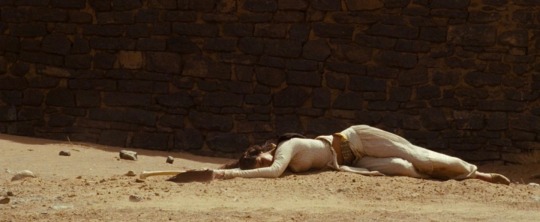
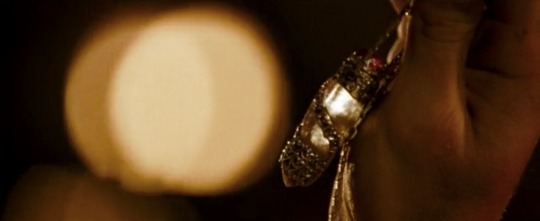

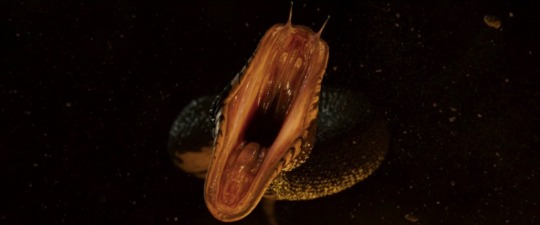
Prince of Persia: The Sands of Time (2010)
Directed by Mike Newell
Cinematography by John Seale
2 notes
·
View notes
Video
youtube
Three Thousand Years of Longing - George Miller (2022)
Trailer
#three thousand years of longing#trailer#george miller#john seale#junkie xl#2022#2020s#australia#tilda swinton#idris elba#MGM#david collins#alyla browne#cannes film festival#video#fantasy#romance
8 notes
·
View notes
Photo

4 notes
·
View notes
Photo
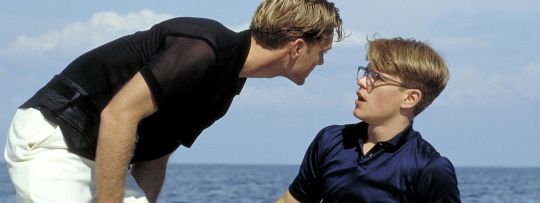
3 notes
·
View notes
Text

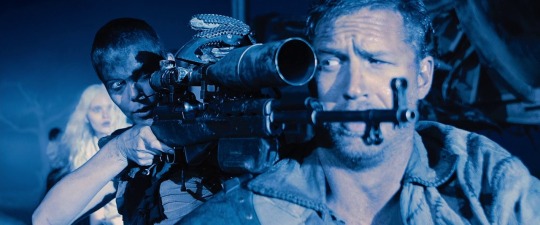
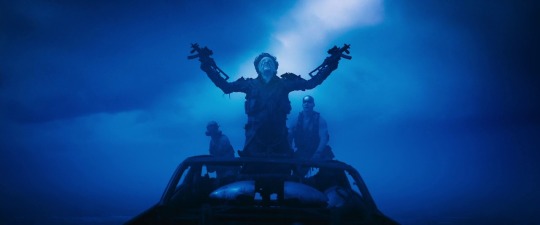
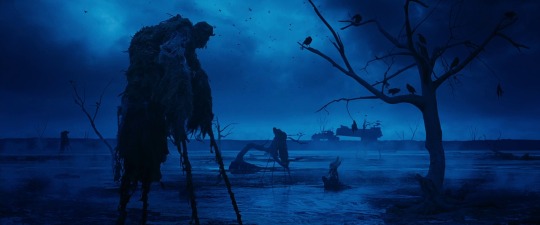
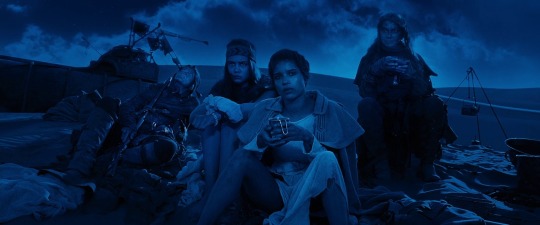

As the world fell, each of us in our own way was broken
Mad Max: Fury Road (2015)
#cinematography#screencaps#film#film screencaps#film stills#filmmaking#cinema#mad max#mad max fury road#tom hardy#charlize theron#nicholas hoult#george miller#action film#zoe kravitz#john seale
281 notes
·
View notes
Text
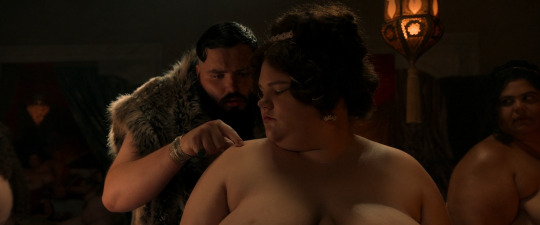
1 note
·
View note
Text
mactavish the seal, zookeeper? Ghost.
pt 1+2
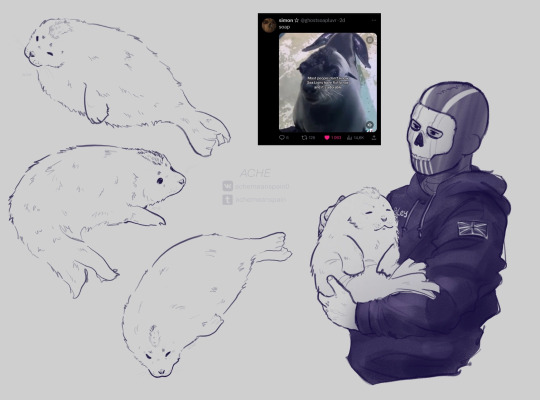

#mactavish the seal#john soap mactavish#johnny soap mactavish#simon ghost riley#call of duty#mw2#mwii#call of duty fanart#ghostsoap#soapghost
6K notes
·
View notes
Text
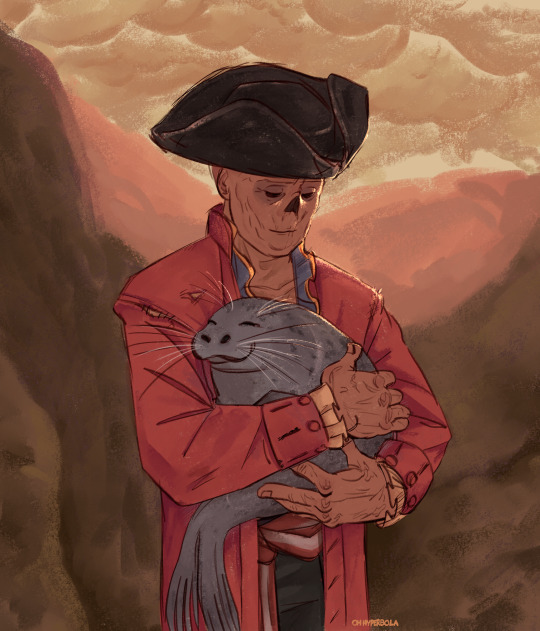
This was supposed to be another silly shitpost but i got way too much into it.
#this is how i study for my finals yes.#*scratches head*#jesus holding a lamb#except its hancock holding a seal#art#feeling silly#digital art#illustration#artists on tumblr#fanart#john hancock#doodle#fallout#fallout 4#john hancock fanart#fallout fanart#fallout ghoul#fallout 4 companions#fallout hancock#fo4 john hancock#fo4
1K notes
·
View notes
Photo
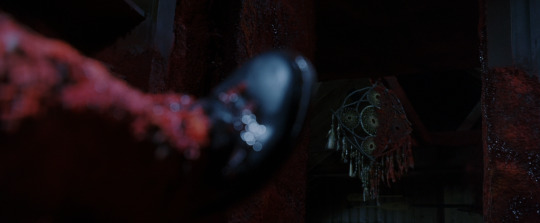








dreamcatcher (lawrence kasdan, 2003)
12 notes
·
View notes